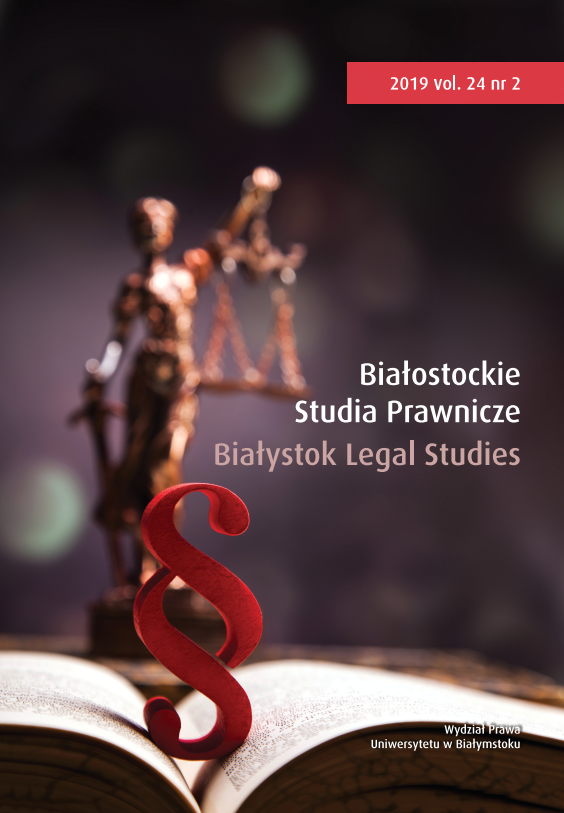Selected Remarks Regarding Equal Treatment in Business Relationships in the European Union on the Example of Issues Concerning the Cross-Border Transfer of Companies Between Member States
Аннотация
In this paper the author analyzes the free movement of companies between EU Member States, one of the most essential conditions enabling the freedom of business in the European Union. It is obvious that in every European country, the constitution and/or legal order guarantees the basic fundamental rights for the people and settles the exercise of power. In conducting the research it is very important to examine the appearance of the two fundamental freedoms which are the essence of present topic, the freedom to provide services and the freedom of establishment. Both rights are listed in the basic treaties of the European Union and their nature is explained herein through interpretation of the text of the treaties, and through the jurisdiction, by analyzing case law using the decisions of the Court of Justice of the European Union (CJEU). The research centres on the examination of the practical side of the freedom to provide services and freedom of business. The study is presented through analysis and evaluation of the decisions of the CJEU and the Hungarian national jurisdiction. The goal is to provide a general picture through the jurisdiction of the CJEU and to examine whether the rights mentioned truly emerge in real life. Older decisions have also been taken into consideration in this regard as they were fundamental to the founding principles of the freedoms discussed and their present regulation.Библиографические ссылки
Altinişik U., Free Movement of Companies within the EU, “Ankara Bar Review” 2012, vol. 1.
Biermeyer T., Meyer M., Cross-border Corporate Mobility in the EU. Empirical Findings 2018, ETUI 2018.
Bron J.F., Niederlassungsfreiheit: Hinzurechnung außergewöhnlicher oder unentgeltlicher Vorteile, die einer auslandsansässigen verflochten Gesellschaft gewährt wurden, zu den Gewinnen der belgischen (Mutter-) Gesellschaft kann gerechtfertigt sein – “SGI”, “Europäisches Wirtschaft sund Steuerrecht” 2010, vol. 3.
Buxbaum R.M., Is There a Place for a European Delaware in the Corporate Conflict of Laws?, “Rabels Zeitschrift für ausländisches und internationales Privatrecht” 2010, vol. 74.
Erk N.K., The Cross-Border Transfer of Seat in European Company Law: A Deliberation about the Status Quo and the Fate of the Real State Doctrine, “European Business Law Review” 2010, vol. 21(3).
Hahn H., Von kleinen Aktiengesellschaften, sociétés par actions simplifiées und anderen Raritäten – der Anwendungsbereich der Mutter-Tochter-Richtlinie nach “Gaz de France”, “Europäisches Wirtschafts- und Steuerrecht” 2010, vol. 5.
Horak H., Dumančič K., Cross-Border Transfer of the Company Seat: One Step Forward, Few Steps Backward, “US-China Law Review” 2017, vol. 14.
Noussia K., European Private Company (“Societas Privata Europaea”), “Business Law International” 2010, vol. 11(3).
Ringe W.-G., Company Law and Free Movement of Capital, “Cambridge Law Journal” 2010, vol. 69(2).
Steiner S., Societas Privata Europaea. Perspektiven einer neuen supranationalen Rechtsform, Frankfurt am Main 2009.
Szabados T., The Transfer of the Company Seat within the European Union, Budapest 2012.
Wymeersch E, The Transfer of the Company’s Seat in European Company Law, Law Working Paper No. 08/2003, ECGI Working Paper Series in Law.



